by MITA MISTRY.
HOW NEELAM HEERA TURNED HER PAIN INTO A TABOO-BUSTING CHARITY THAT IS HELPING OTHER WOMEN
TAKING on the challenge of turning personal pain into healing organisation Cysters has enabled Neelam Heera to make a real difference to the lives of other women.
Her grassroots community organisation, which is dedicated to improving the health, education, welfare and opportunities for women living with reproductive health problems
has made a huge difference.
It has also tackled taboos within the Asian community along with providing a safe and confidential space for women to access advice and support, while educating the community
about reproductive health.
At the forefront of it all has been the activist who divides her time between working in a law firm in the Midlands and running her registered charity. Heera believes in talking
openly about important issues and shared details about the challenging and often traumatic journey that led her to where she is today. It all started when she was a teenager going
through a difficult puberty.
“I struggled with absent periods or had bad ones that lasted up to about four months. I knew something was wrong because during sex education we were taught that your cycle is monthly, but mine wasn’t. You’re also taught that stress and other external factors can have an impact on your cycle, so I would just blame it on that and it became normal,” explained Heera.
When she started to rapidly gain weight, grow thick coarse hair across her body and have excessive mood swings, Heera realised it was a problem that needed to be dealt with.
Aged 18, she was diagnosed with polycystic ovary syndrome (PCOS) and instead of dealing with it, the doctor just gave her a print out about what it was.
“I felt because he didn’t have a proper leaflet or information that it wasn’t a big deal,” she said.
“I was told all will be okay if I go on the contraceptive pill because of my irregular periods. It was never followed up unless I pushed for an appointment and I still didn’t know what PCOS properly was. I actually thought it was an STD at first. I later learned that PCOS has a huge impact on cardiovascular diseases, mental health and insulin resistance,” Heera said.
Having thick facial hair, putting on weight rapidly and then struggling to lose it had a devastating impact on Heera as it would any woman, especially in the age of social media. She pointed out that it can be difficult for women with endocrine disorders to really feels like a woman, especially when they display features that are socially seen as manly. This subsequently led to self-harming and mental trauma.
Then at 24 while studying for her masters in law, Heera collapsed in agony and was told she had a burst ovarian cyst.
“I had chocolate cysts on my ovaries and that was indicative of endometriosis. It was the first time I’d ever heard of endometriosis. So, I’m a 24-year-old at university and thought
I was quite well educated about my body because of the PCOS diagnosis, but clearly, I wasn’t.
“I later learned I also have premenstrual dysphoric disorder (PMDD), which affects one in 20 women. It can make you very suicidal and usually occurs around a week or two
before ovulation.”
During that time, Heera revealed she had become really sensitive to light and sound. She struggled to be around large groups of people and it was almost like she had a split personality because she was fine one minute and raging the next. She had eye movement desensitization and reprocessing (EMDR) therapy as well as cognitive-behavioural therapy
(CBT) to help control her reaction to chronic pain and traumatic events, which helped Heera
manage her own mental health.
“Sometimes a flare-up can cause me to remain in bed for weeks. This can drive you mad, make you physically ill and exhausted. You are constantly bleeding and feeling as though your uterus is being ripped apart. The longest I’ve had this was six weeks off work.
“This obviously has an impact on your career. I really do believe my illness has held me back from progressing in my legal career.”
The pain Heera was feeling led her towards setting up Cysters. “I wanted to support other women in a similar situation without them feeling they were on this journey on their own. In truth, I was so frustrated with the lack of support. So Cysters was initially born out of anger and resentment that I was going through a chronic illness and couldn’t change this.”
While trying to set up Cysters, Heera soon realised that talking about PCOS and endometriosis along with its impact on relationships, fertility, friendship and sex was still seen a huge taboo for Asian females.
She soon became a target for online trolling and abuse, which continues till this day.
“I pushed the ideology behind Cysters into a separate entity, so the trolling wouldn’t be as directed at me. It didn’t quite work because I ended up being the face of Cysters. But it gave women an opportunity to come to me privately about the problems they were having both medically and socially.
“Saying words like sex and vagina out loud are still very taboo, so I try to play it down by arguing that you won’t die if you say the words.”
Cysters has grown rapidly since its inception and is today a registered charity that helps
women from diverse backgrounds who no longer feel they are alone. This includes working with faith and community organisations to help those who struggle to overcome cultural
and religious barriers.
“One campaign we are working on revolves around women going for smear tests and actually understanding why they need it because this is something that a lot of women still
don’t understand.
“I was recently approached by a Somalian woman who felt the smear test was inappropriate for an unmarried woman due to the act of penetration. So it’s about understanding it and dispelling the myths around smear tests and supporting women
who have any fears.”
The organisation dedicated to helping and educating women with reproductive health issues is culturally sensitive, all-inclusive and completely volunteerled.
Heera explained: “We aim to educate the public about reproductive health. We challenge the societal, cultural and misogyny behind women’s reproductive health.
“I feel that women don’t take ownership of their health due to centuries of misogyny and patriarchy, making pain associated with these conditions normalised. Pain is so subjective and should not be brushed off due to your gender. It should still be given the appropriate
medical attention and investigations.
“I want to change perceptions of women’s health, making it okay to put yourself first and dispel myths around gynaecological health. I want to bring out in the open the mental health associated with these conditions and social isolation that some women may feel.”
The determined 29-year-old has been doing exactly that and became a champion for women. Her successes have included giving talks at conferences including in Dubai, organising successful workshops and setting up a private Facebook group for women.
“I come from a liberal family. My mother used to be a sex education teacher before moving on to working in mental health, but others are not so fortunate and keep everything
bottled in, which subsequently leads to feelings of solitude.
“Cysters really took off when women started coming forward to ask me questions. This subsequently enabled me to create a platform where women could support other women. Over time we have become ‘sisters for Cysters’ and the door is open for all.”
Research by Cysters has also noted that the number of women with chronic illness like endometriosis often struggle to hold down a ninetofive job and points out that this condition alone costs the UK economy £8.2 billion per year in lost productivity and absentees.
Heera has also set up peer support groups and wants Cysters to be the leading voice in reproductive and sexual health, particularly within the ethnic community.
“I really want to tackle some of the misogyny and unconscious biases within the healthcare system,” she said.
“I feel that there is an internal prejudice when it comes to how women are treated in the healthcare system and the only way to change that is to start educating healthcare
professionals in cultural and religious awareness and how these have an impact on women coming forward openly about their sexual and reproductive health.
“I think it is important we start having these frank conversations in order to get better care for women.”
Neelam’s six quick tips on gynaecological health.
- If something doesn’t feel right. Get it checked.
- Always note down any gynaecological changes. Use mood/period trackers to help you.
- Be aware of any changes in your body and vaginal health. Don’t pass something
off as due to stress or other external factors.
- Talk to your peers as well as healthcare professionals.
- Look for support groups like Cysters.
- Keep up to date with your smear tests.
Visit www.cysters.co.uk for more information.





 Diljit Dosanjh and Prabal Gurung attend the 2025 Met GalaGetty Images
Diljit Dosanjh and Prabal Gurung attend the 2025 Met GalaGetty Images 










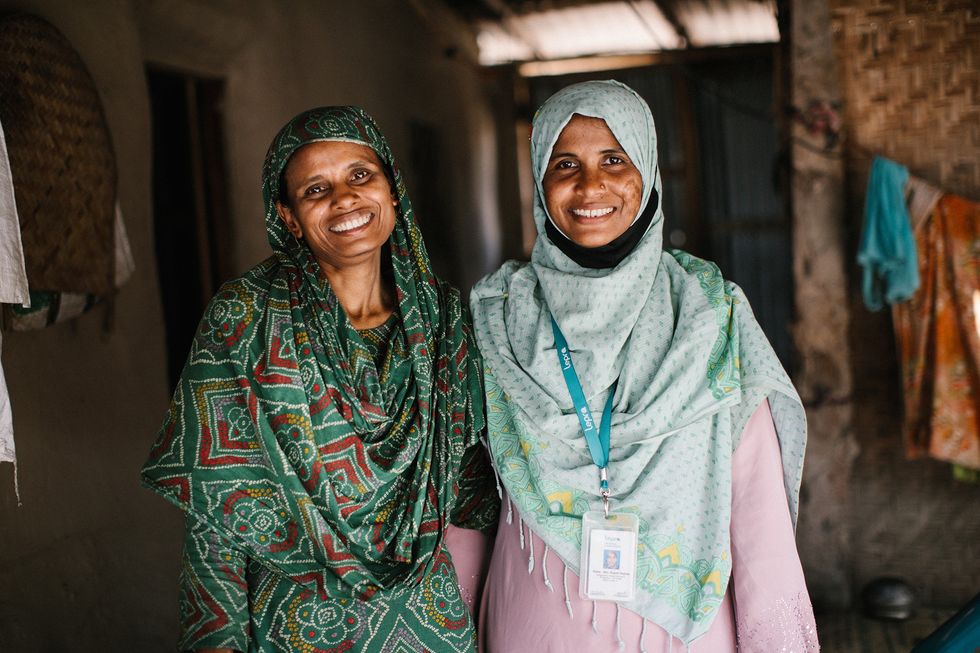 Firoza and RupaliTom Bradley
Firoza and RupaliTom Bradley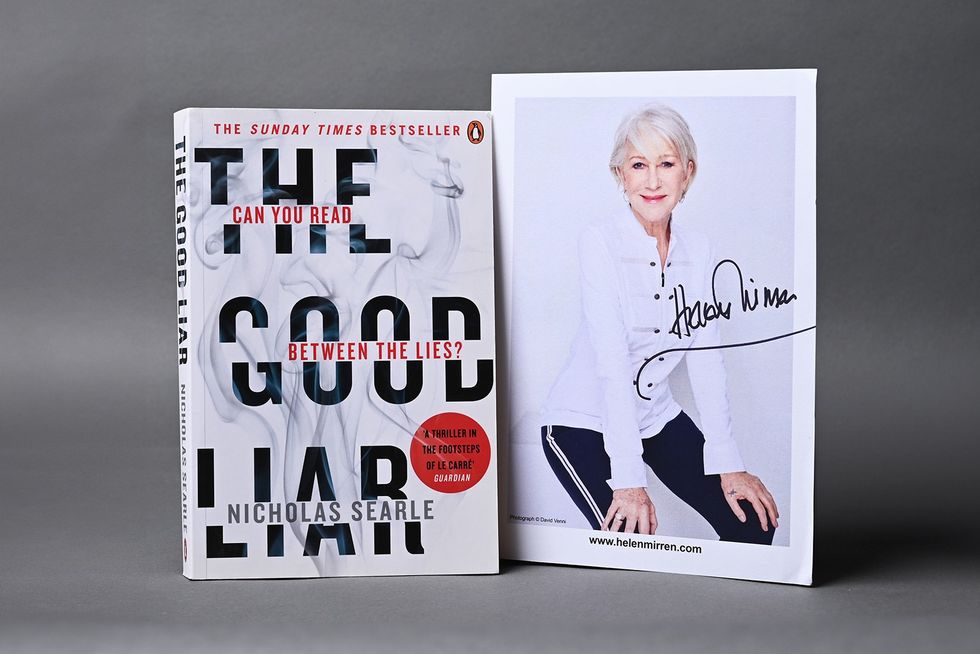

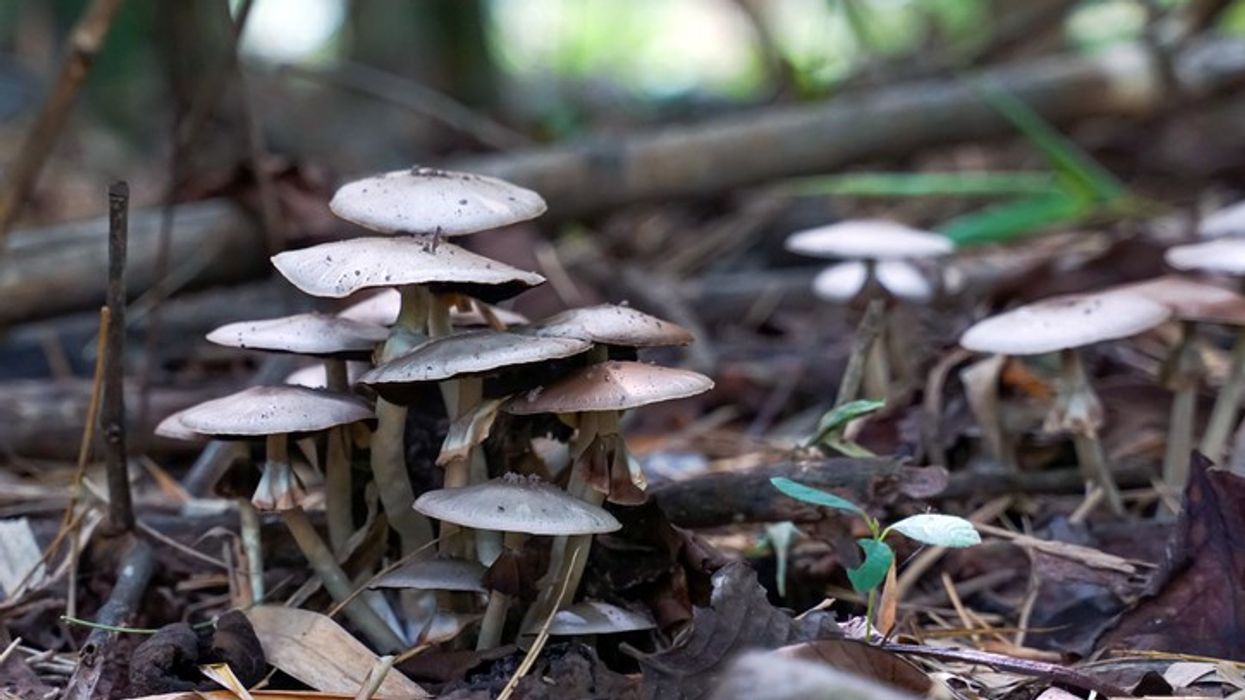

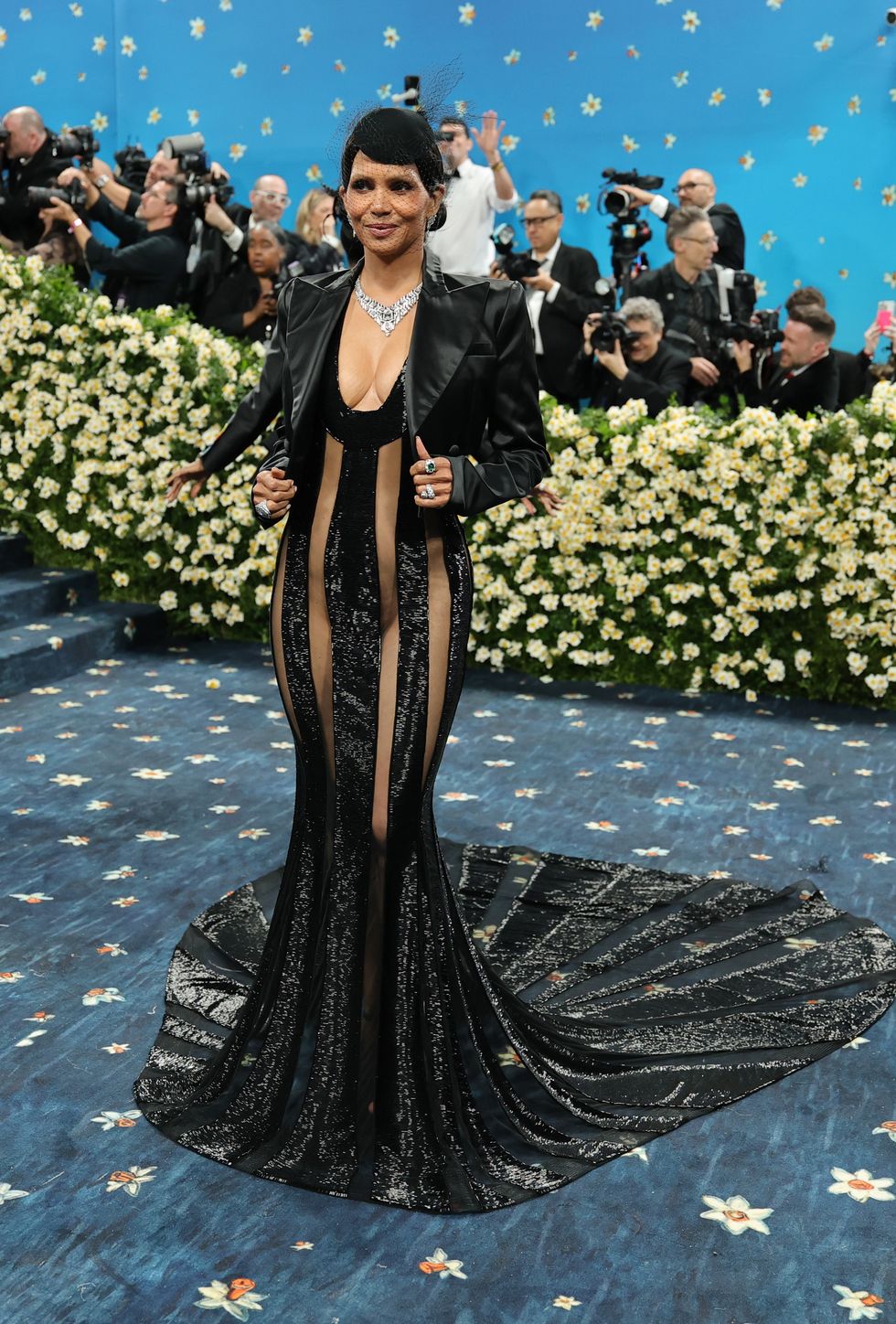 Halle Berry stuns in a sheer black gown that divided the internetGetty Images
Halle Berry stuns in a sheer black gown that divided the internetGetty Images 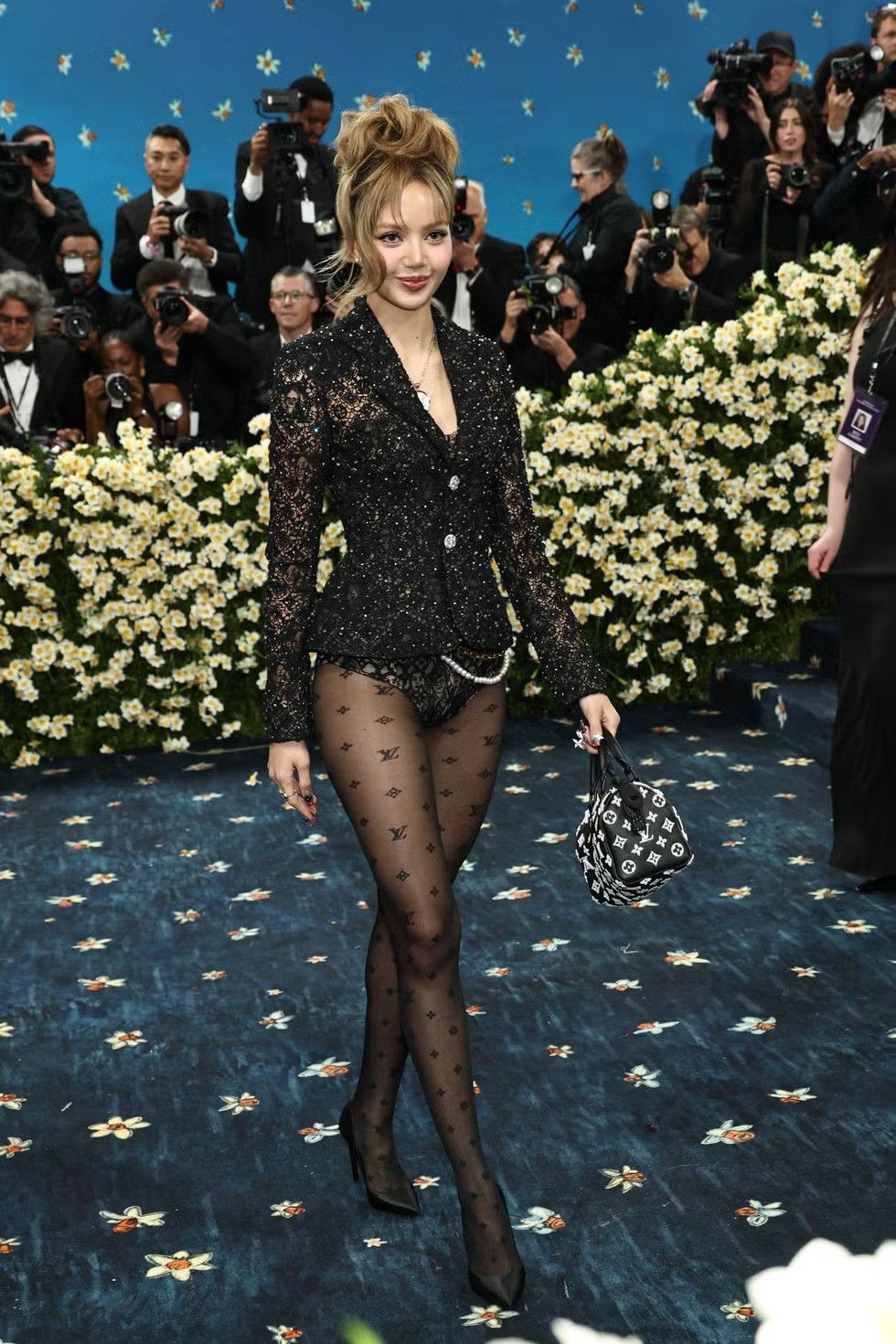 Lisa’s bodysuit drew backlash after fans spotted a controversial detailGetty Images
Lisa’s bodysuit drew backlash after fans spotted a controversial detailGetty Images 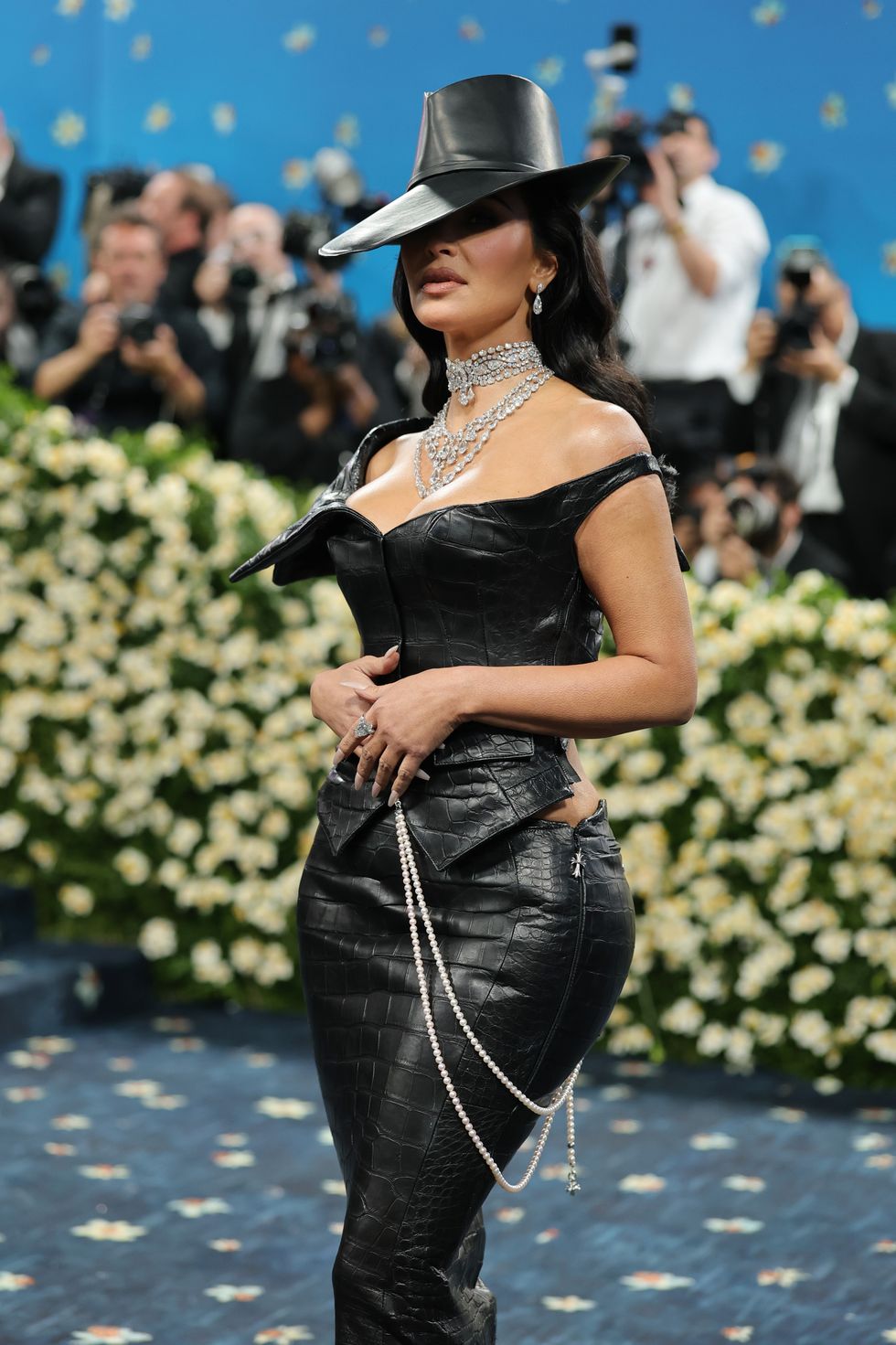 Kim Kardashian hides behind a chrome mask in her futuristic Balenciaga look Getty Images
Kim Kardashian hides behind a chrome mask in her futuristic Balenciaga look Getty Images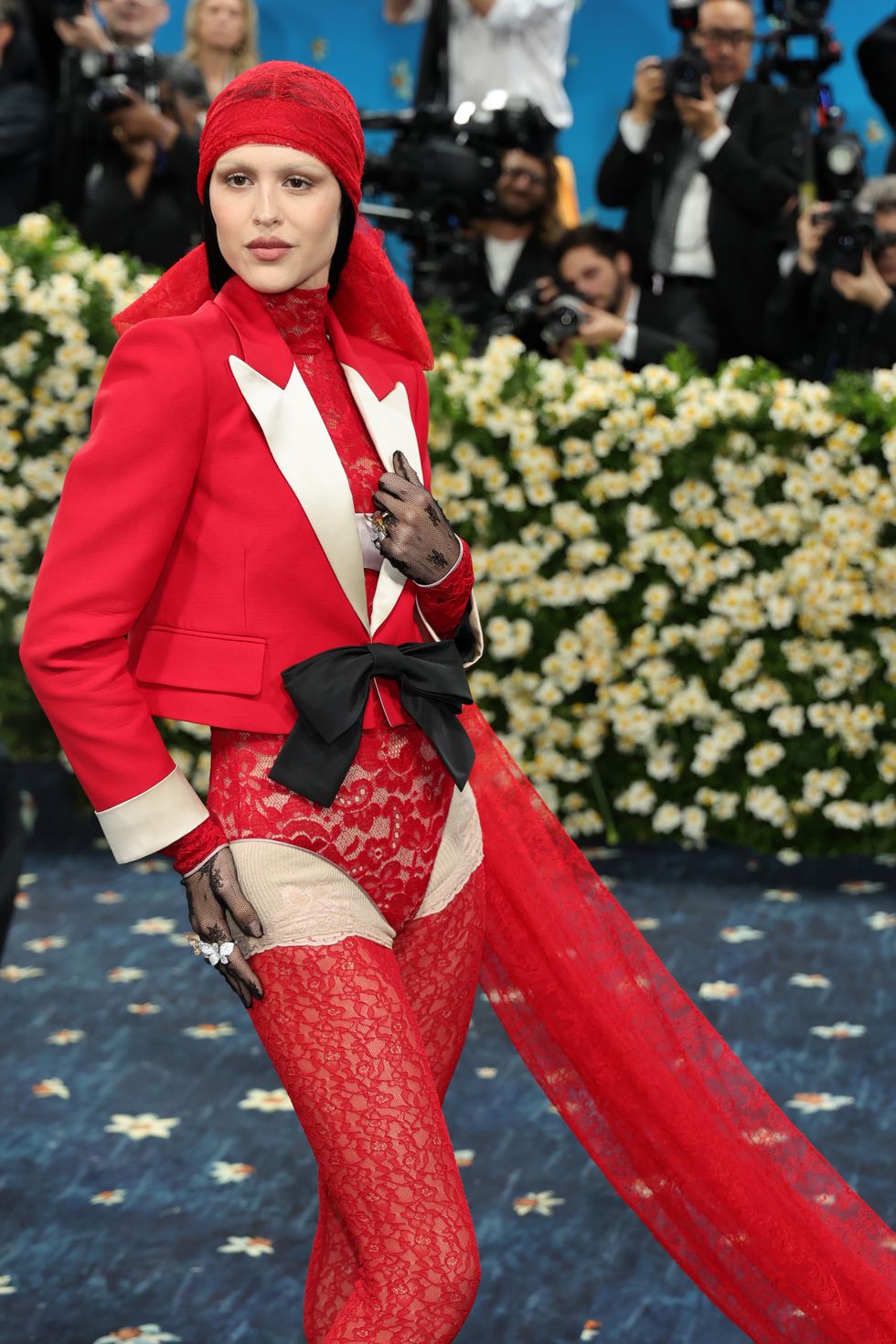 Amelia Gray goes bold with a no pants red Valentino ensembleGetty Images
Amelia Gray goes bold with a no pants red Valentino ensembleGetty Images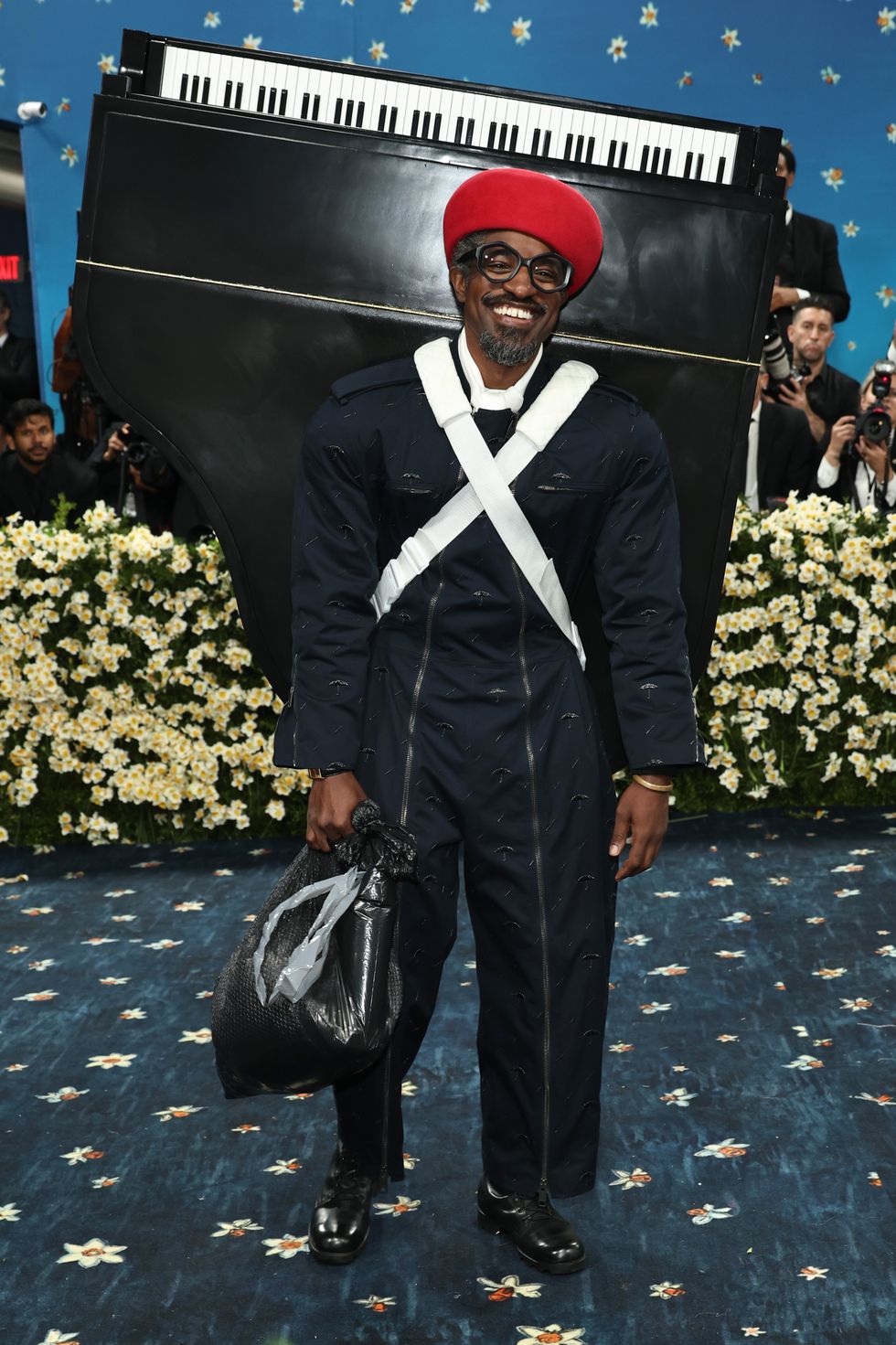 André 3000 arrives with a baby grand piano on his back and a rubbish bagGetty Images
André 3000 arrives with a baby grand piano on his back and a rubbish bagGetty Images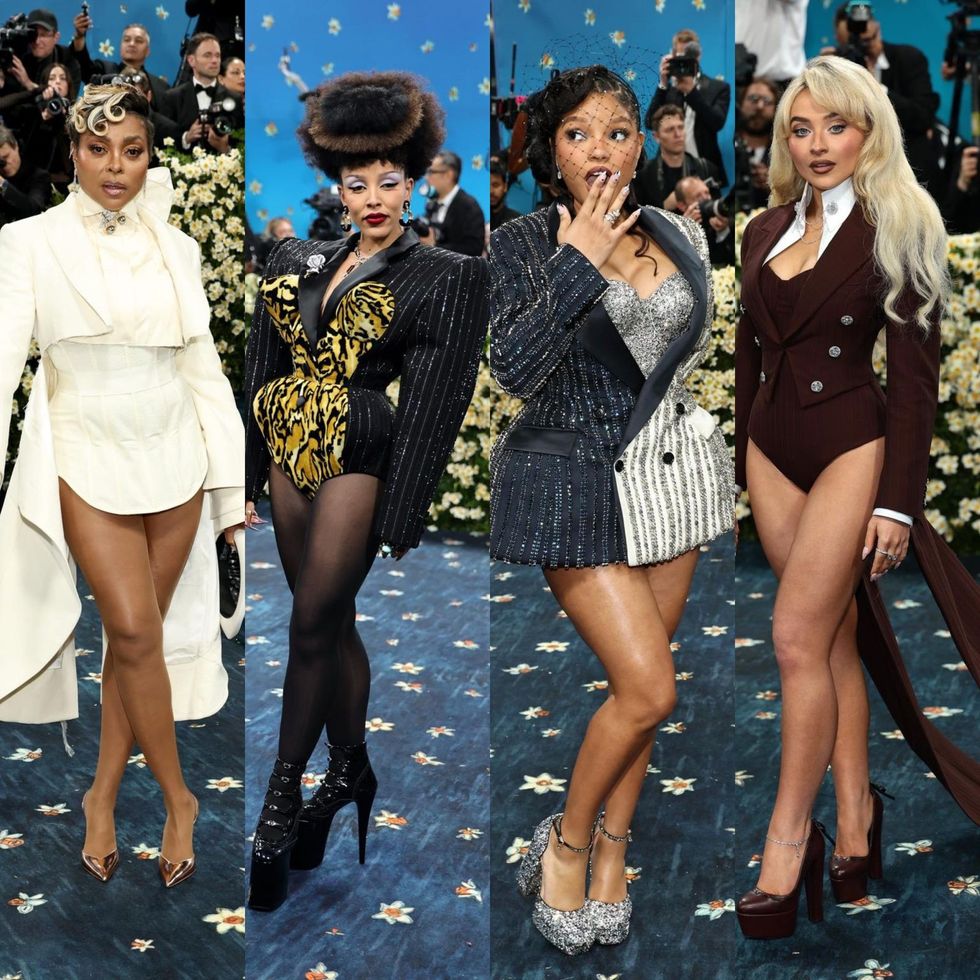 No pants plenty of opinions the bold red carpet trend that stole the spotlight and sparked debateGetty Images
No pants plenty of opinions the bold red carpet trend that stole the spotlight and sparked debateGetty Images